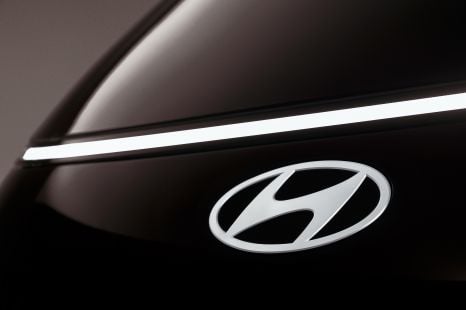

Damion Smy
Hyundai teases Staria EV ahead of likely January reveal
2 Hours Ago

News Editor
Ford is working on a whole family of affordable electric vehicles (EVs) to fend off the threat of Tesla and Chinese rivals, and the first model will reportedly debut in 2026.
Bloomberg reports Ford will roll out a small ute, a compact SUV and, potentially, a vehicle to be used for ride-hailing.
The first model to go on sale will reportedly carry a base price of US$25,000 (A$38,141), undercutting the outgoing Chevrolet Bolt (US$26,500) and theoretically pitting it against Tesla’s yet-to-be revealed entry-level model.
This price would also see it undercut Ford’s own Escape and Bronco Sport crossovers, which start at US$29,495 and US$31,230, respectively, while also costing scarcely more than the Maverick ute (US$23,875).
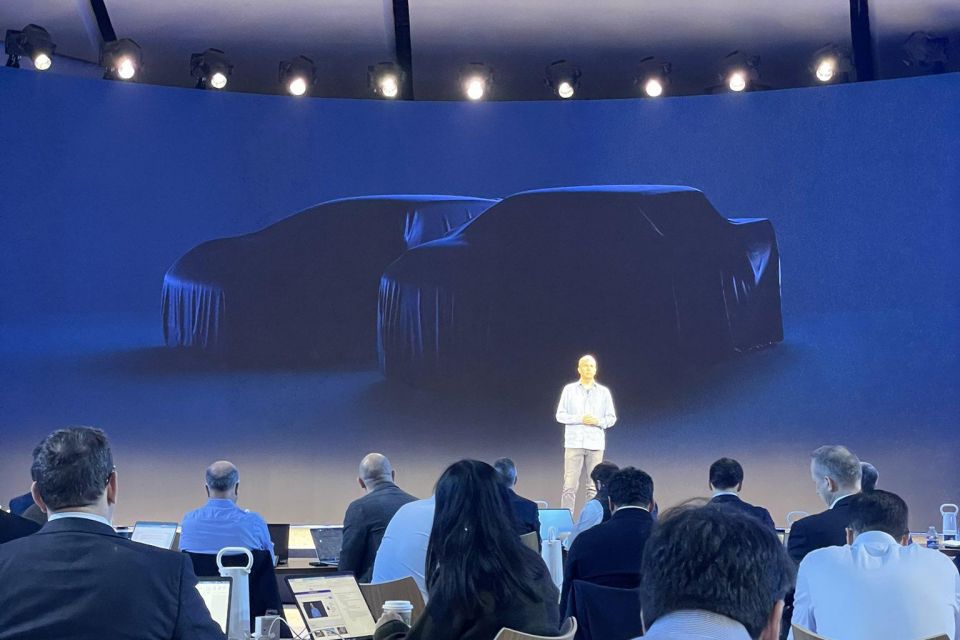
The new EVs will reportedly use lithium iron phosphate (LFP) battery technology, though a source told Bloomberg that Ford is exploring other battery technology to cut costs further.
Ford also reportedly wants its small EVs to turn a profit within a year of hitting the market.
To prioritise getting these affordable Ford EVs to market, the Blue Oval is reportedly delaying a new electric three-row SUV – likely the one teased last year ahead of a 2025 launch – which was set to be an electric counterpart to the F-150-based Expedition SUV.
Mr Farley had already confirmed the existence of a “super-talented skunkworks team” that has been working outside of the brand’s traditional framework for the past two years.
This team, based in Irvine, California, reportedly has fewer than 100 people working on it.
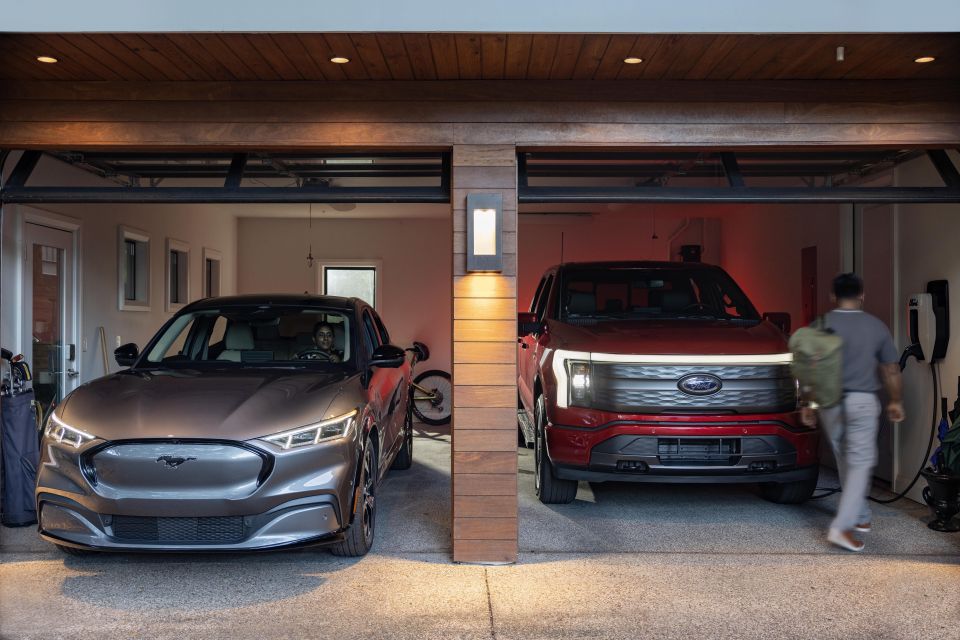
“They’ve developed a flexible platform that will not only deploy to several types of vehicles but will be a large install base for software and services,” Ford CEO Jim Farley told investors earlier this year.
“All of our EV teams are ruthlessly focused on cost, and efficiency, in our EV products. Because the ultimate competition is going to be the affordable Tesla and the Chinese OEMs.”
According to Mr Farley, the industry has experienced a significant transition in the past two years, from customer demand vastly overwhelming supply amid production constraints, to the market now being oversaturated with high-priced EVs.
The company is therefore pivoting to both hybrids and more affordable EVs.
Ford’s EV division has been losing money, forcing the company to make cuts. For example, it has delayed a planned US$12 billion (A$18.4bn) investment in a new EV factory due to cooling demand.
The company is projecting losses of more than US$5.5 billion (A$8.43bn) on battery-powered models this year alone.
Where expert car reviews meet expert car buying – CarExpert gives you trusted advice, personalised service and real savings on your next new car.
William Stopford is an automotive journalist with a passion for mainstream cars, automotive history and overseas auto markets.


Damion Smy
2 Hours Ago
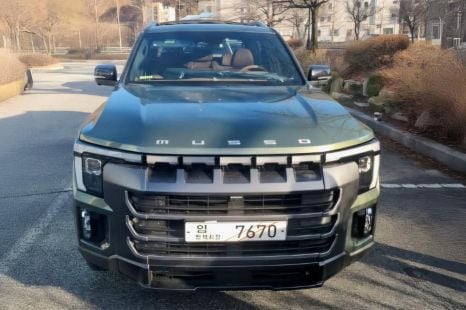

Damion Smy
5 Hours Ago
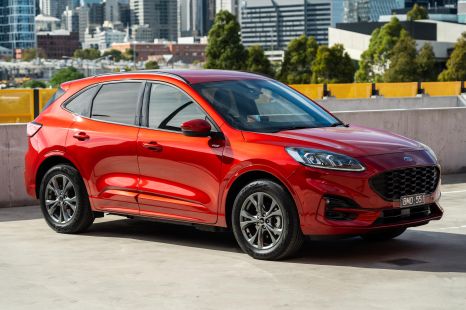

Damion Smy
7 Hours Ago
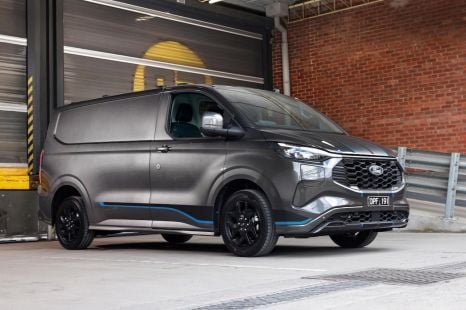

Damion Smy
7 Hours Ago


Damion Smy
8 Hours Ago
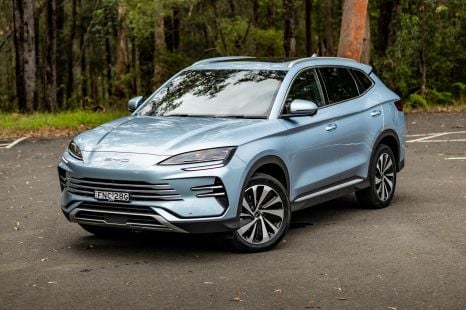

Josh Nevett
8 Hours Ago